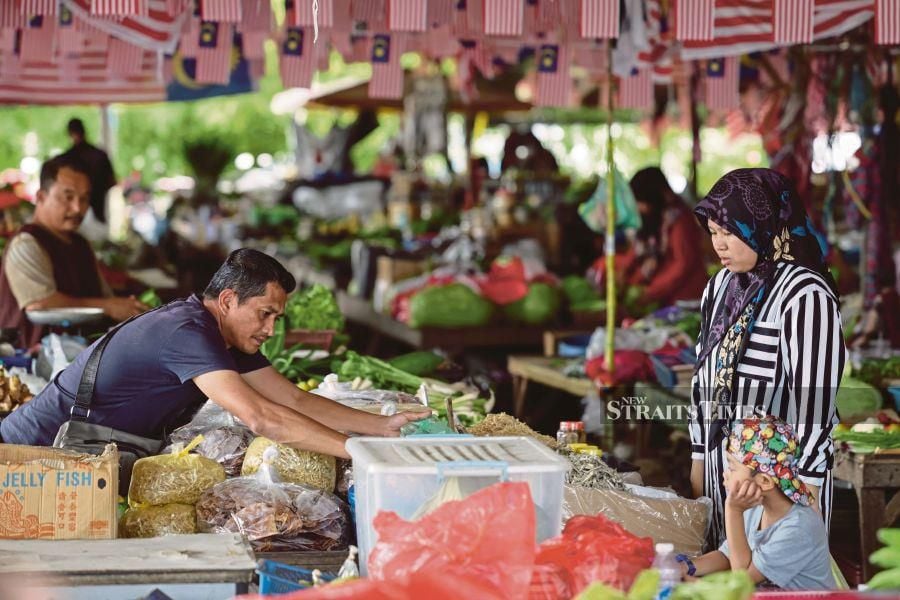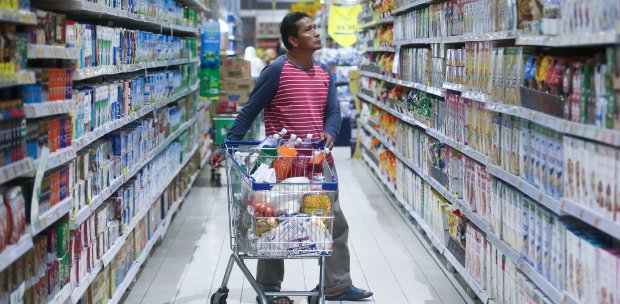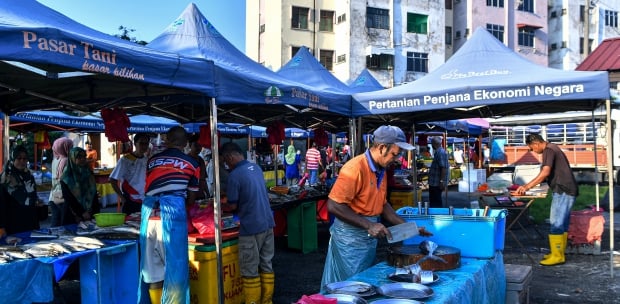Cost of living is gaining national traction again, at least measured by column inches and editorial space devoted to it in the last two weeks.
Truth be told, the pinch never went away. In a recent survey conducted by the UCSI Poll Research Centre, an arm of the eponymous private university, 89 per cent of Malaysians said they were concerned about cost-of-living issues.
This is in line with the rise of inflation from 2.5 per cent in 2021 to 3.3 per cent last year. This year it is at four per cent. Food inflation is even a more depressing story: a feverish seven per cent at the end of last year. If Berita Harian, our sister Malay national daily, is right, the cost of food is expected to hit 10 per cent this year as inflation races to settle between six and seven per cent.
What should the government do? At least three things. One, it should put a cap on the prices of basic necessities, such as food. After doing this, the government must police it robustly. Skyrocketing prices of food affect people's access to other essentials, such as housing, transport, education and healthcare.
With wages wedged at a minimum pay of RM1,500, the wallet of the bottom 40 per cent (B40) of Malaysians is too thin for city living. Even the middle 40 per cent (M40) who earn between RM5,000 and RM10,00 are light on the ringgit.
Some M40 who are nearer the RM5,000 income range are said to have already slipped into the B40 bracket. Skip the chicken, even the eggs, when their prices go up, economists and like-minded experts tell them. The prices will eventually come down, they say.
Well, in Malaysia, what goes up never comes down. Consider the price of chicken. It is not just a downstream story. It is affected by what happens upstream. The prices of imported poultry feed have risen several fold because of external factors, not all of them within the control of Putrajaya. The government is often pushed into providing subsidies for producers.
But there is a better solution, a long-term one: local production of feed, the second thing that Putrajaya must do. Oil palm plantations are a huge source of palm kernel waste, much of which is being exported to Europe as feed to its cattle industry. This isn't a new idea.
In 2017, Sime Darby Plantation began talking of ultra-refined palm kernel expeller, or PKE, as a game-changer for Malaysia's poultry, aquaculture and agribusiness. Six years on, we are still heavily reliant on imported feed.
Finally, Putrajaya must ensure that Malaysians are paid better than they are now. The minimum pay of RM1,500 (equivalent to RM7.80 per hour) is pathetic. Even primitive. The fact that Malaysians, some of them graduates, are willing to go as far as Australia to do dirty, difficult and dangerous jobs, must say something about the state of wages in Malaysia.
When Putrajaya introduced minimum wage for the first time in 2013, the rationale was to support low-income households. It has been a slow creep from RM900 to the current RM1,500 in four instalments.
The low-income households still stand in need of Putrajaya's support. Employers must be made to understand their needs. They will if they truly mean what they say: employees are the most valuable asset.





